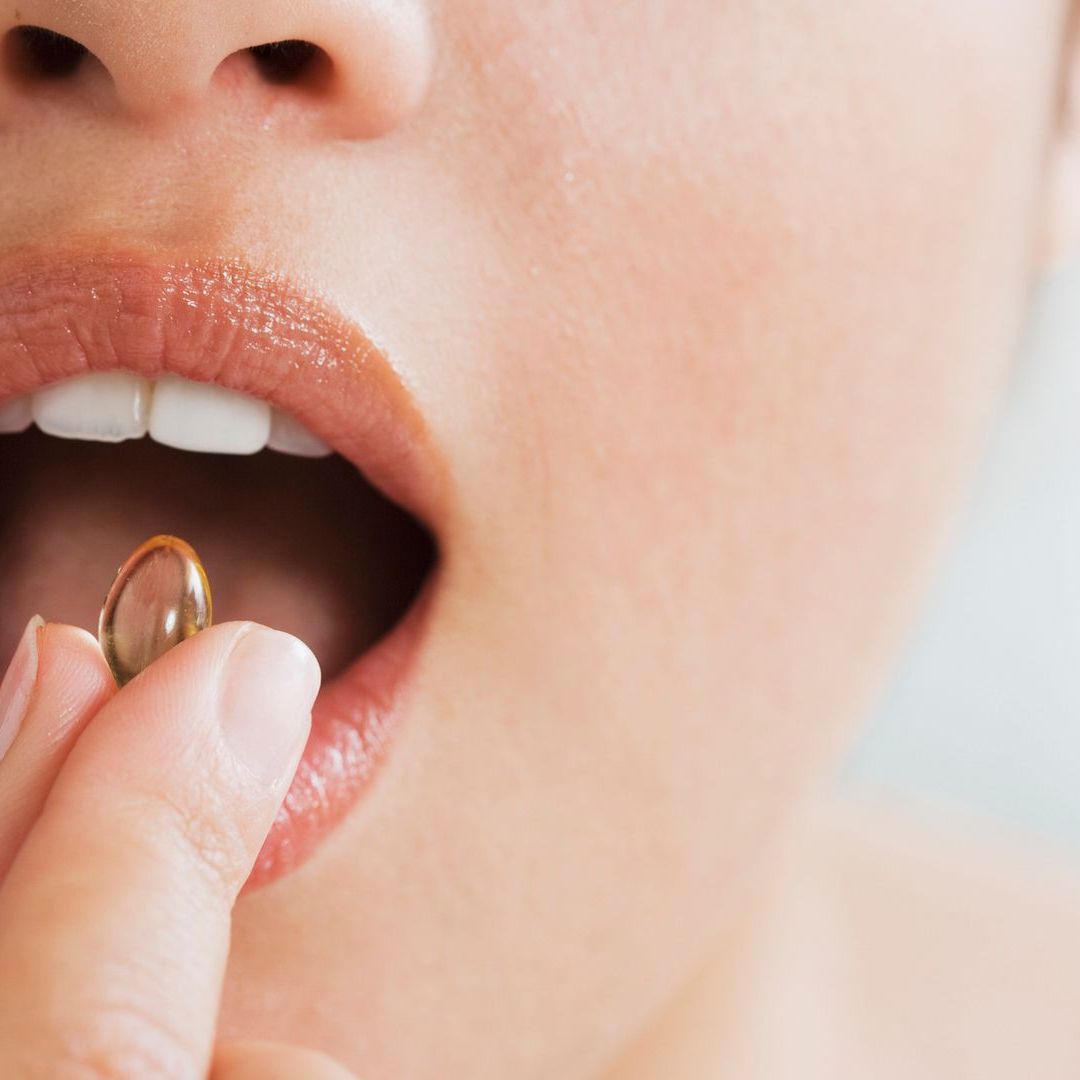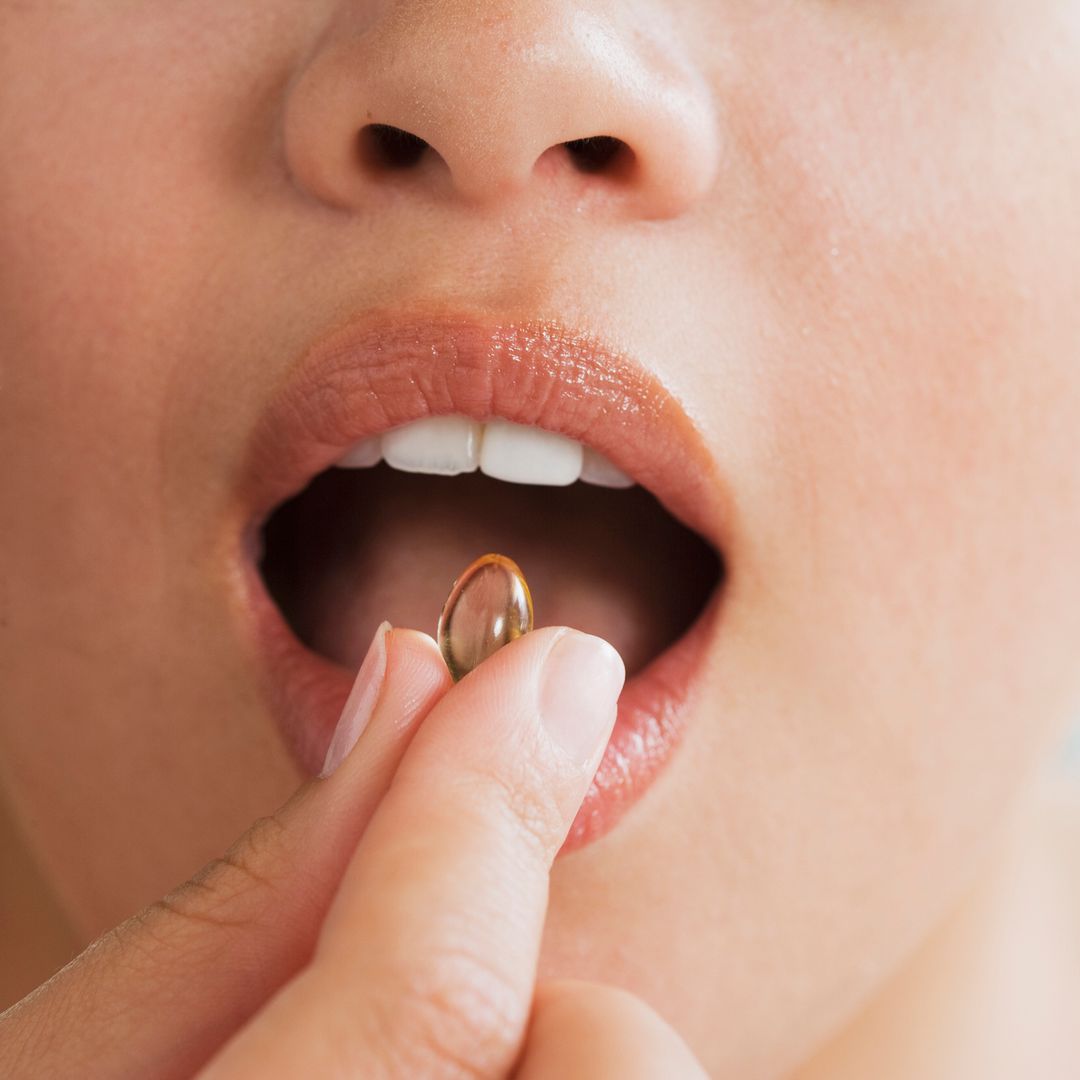If you were born after 1981 and before 1996 then you may be entering perimenopause. Also known as 'millenopause,' a new generation of women is navigating symptoms that previous generations faced without social media and other societal pressures that exist today.
For millennials, just like other generations, the onset of perimenopause often manifests in symptoms that may go unrecognized at first. Irregular menstrual cycles, hot flashes, night sweats, mood changes, sleep disturbances, decreased libido and vaginal dryness are all common.
According to Samara Daly, co-founder and Board Chair of Let's Talk Menopause, even though millennials are experiencing perimenopause in an era where health can get sidelined in favour of productivity, they are still embracing it with an informed and positive perspective.
"Millennials are navigating perimenopause at a time when they're balancing careers, families, and personal growth. It's an era where health often gets sidelined for productivity, and for many, symptoms can be surprising and misunderstood," Samara explains. "And millennials embracing perimenopause means addressing their health head-on, seeking education and solutions that work for them now, so they don’t feel overwhelmed later."
How social media is empowering women in 'Millenopause'
Open conversations about aging are becoming more common thanks to social media, and there is no doubt that platforms such as Instagram and Tik Tok are helping millennial women share their experiences and connect with others facing similar issues.
"Social media has been an essential space for millennial women to connect and find support," says Samara. "And this allows women to share their experiences in real-time, learn from one another, and access information that empowers them to take control of their perimenopausal health."
According to Samara, millennials aren't just living through 'millenopause' - they're actively reshaping it. "As millennials openly share their perimenopause journeys, they're redefining what aging looks like. This generation is tackling menopause with curiosity and strength, not shame, and they're normalizing the conversation in a way that could reshape society's view of aging. When we talk about it, we take away the stigma."
INSPIRATION: Menopause has given me freedom: 18 women on finding the positives
Preparing for perimenopause
For millennials worried about being unprepared, there's no need to panic. Experts advise starting by finding a menopause-trained physician and accessing reputable resources along the way.
"For those approaching perimenopause and feeling unprepared, the key is to be proactive," Samara explains. "Find a menopause-trained physician and access reliable resources such as those from The Menopause Society or organizations like ours. Everyone's menopause journey is unique, but knowledge and support make the transition smoother."
How great is it that millennials are transforming this phase into one that's understood, openly discussed, and less stigmatized? The key thing to remember is that, knowledge is definitely power and perimenopause and menopause symptoms can be managed, whether you're a millennial or not.













